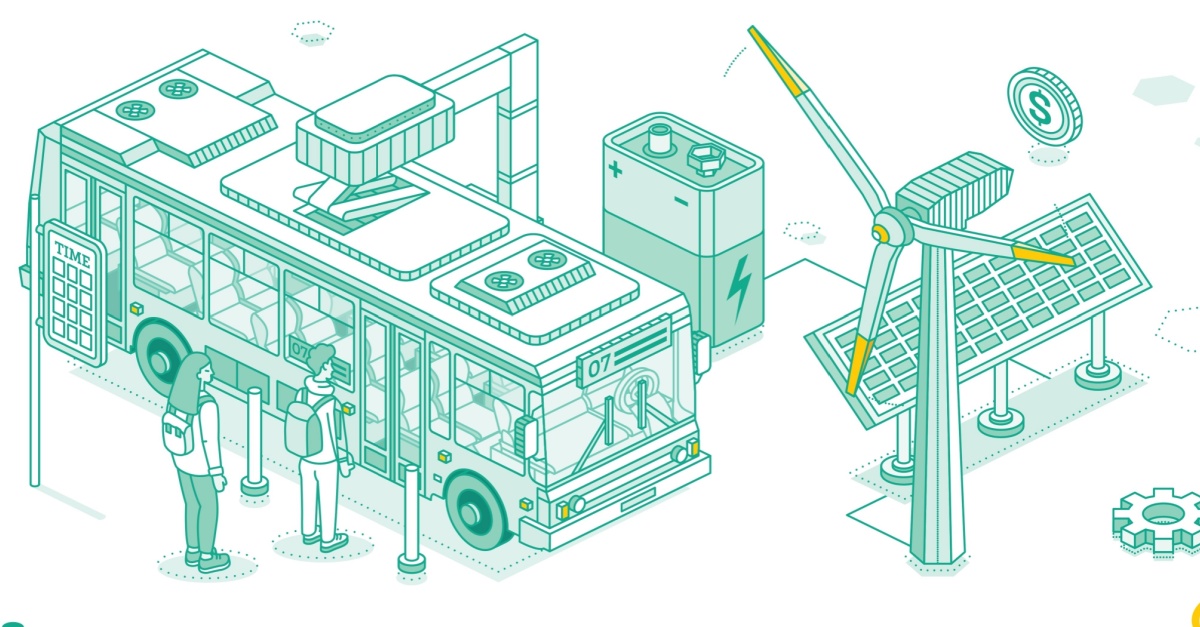
Electrification has always been a confusing term, especially to the energy layperson, who wonders why it’s trumpeted as something new when electricity is already ubiquitous. Hadn’t we electrified most buildings in the US by the 1940s?
Today, the word “electrification” describes a subset of that effort, largely the electrification of transportation and heating.
Last week, research firm Ember surfaced a new term, electrotech, to better describe our energy transition. Electrotech encompasses electrification but embraces even more. It’s not anything new, but a rethinking of how to describe the change underway to the electric system.
Subscribe to the free, weekly Energy Changemakers Newsletter. Or if you’d like more of our news and analysis, join our community, starting at only $59.99/year.
“Electricity is now the engine of change,” Ember says, in a detailed slide deck that explains electrotech as the nexus of three energy trends. These are:
- Solar/wind dominate supply
- Electricity finds more uses, powering electric vehicles, heat pumps and AI
- Batteries and digitalization connect supply and demand
Viewing these three trends as a single driver, electrotech creates a better way to quantify the economics of the energy transition.
For example, electrotech turns out to be three times more efficient than fossil fuels, which waste two-thirds of primary energy inputs. (See our podcast on energy productivity with energy economist Skip Laitner.) This loss costs the economy more than $5 trillion annually, Ember says, noting that harnessing power from the sun offers access to 100 times more energy than fossil fuels.
Here’s another way to think about electrotech — the more of it we get, the cheaper it becomes. Electrotech costs fall by about 20% each time its deployment doubles, Ember says. Fossil fuels behave in the opposite way, growing in price following extraction. This helps explain why electrotech is capturing two-thirds of global energy investment.
“Electricity is now the engine of change.”
Ember
Ember also describes electrotech as enhancing independence and security because it lasts for decades, “providing insulation from the vagaries of global pricing.”
Given China’s commanding position in the electric vehicles and solar market, it’s no surprise that it leads the electrotech revolution. And we may already be seeing its effect on fossil fuels in that country. China’s use of fossil fuels for electricity decreased by two percent in the first half of 2025, a significant phenomenon given that China has driven net oil growth. This may be a signal of what’s to come. Ember maintains that electrotech can serve two-thirds of the world’s energy demand and will push fossil fuels into decline by 2030.
“Electrotech has grown exponentially for decades. Now it is too cheap to contain and too big to ignore,” says Ember.


